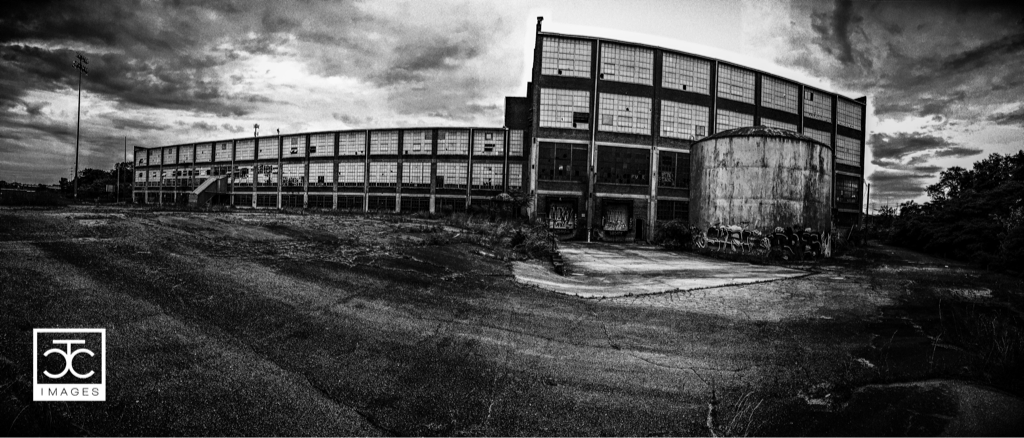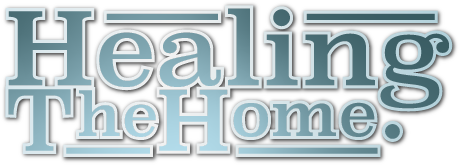
Breaking the Cycle
Healing the Home provides an effective, educational and therapeutic approach to intervention, working directly with people identified as “high risk” for interpersonal violence.
Our interventionists facilitate accountability groups, conduct psychoeducational classes, and provide individual de-escalation support to family members in crisis. During your time at Healing the Home, we will work to identify peripheral challenges, while employing a network of local resource providers, (including mental health, substance abuse and other agencies) to address any co-occurring issues that may lead to violent or self-destructive behavior.
Healing the Home is an integral part of a dedicated community of people seeking to restore the integrity of our family bonds and to end domestic and sexual abuse in East Tennessee.
This is Where We Begin Healing The Home
Schedule Your Appointment Today.

Why Family abuse is among the most underreported issues in the world-
While roughly 90 million (over 1 in 4) Americans report having been physically or sexually assaulted by intimate partners at some point in their adult lives, these numbers do not account for those who experience violence initiated by grandparents, parents, children, siblings, aunts, uncles, cousins, family friends, and countless other potential perpetrators. According to the Department of Justice, 60% of American children are exposed to violence in their homes, schools or communities every single year. Most agencies tasked with tracking abuses perpetrated onto children (and other at-risk populations) in the home, must concede that estimates are inaccurate due to the great number of unreported or deliberately concealed episodes.
Many statistics focus solely on ‘direct victims’. However, indirect exposure to violence in the home is a consistently accurate prognostic tool for children. These “hidden victims” are at higher risk to suffer from chronic health and social challenges, including exponentially greater chances of future intimate partner violence in their own homes. Victims of family violence are far more likely to inflict harm on other family members (including children), to seek abusive partners, to self-harm, or to have children that self-harm. In the past, this intergenerational phenomenon was presumed to be the result of poor modeling and emulation. However, studies on trauma and adverse childhood experiences have proven that exposure to consistent or profound toxic stress changes the “architecture of the brain”, inhibiting an untreated victim’s ability to emotionally regulate.
Currently, over 80% of Healing the Home’s clients are parents of one or more minor children.
Most of these young people’s lives have already been forever altered by the trauma-inducing helplessness, terror, and demoralization of abuse exposure.

“But It only happens when he drinks”
Intake screenings reveal that nearly 9 in 10 Healing the Home families have histories of substance abuse-related issues.
Statistics consistently show a symbiotic relationship between substance use disorders, and physical, sexual and emotional maltreatment. Similarly, studies focused on relapse and/or recidivism demonstrate that healthy emotional intimacy within family structures dramatically reduce the chances of regression and returns to destructive and abusive behaviors.
While the Healing the Home staff understands that trauma and toxic social conditioning (both linked to abuse), can certainly occur in sober homes, the correlating data between addiction and violence is too strong to continue to ignore.
“Impaired Family Abuse” program
As part of our mission to disrupt cycles of family abuse, Healing the Home has launched a hybrid, “Impaired Family Abuse” program*, focused on comprehensive family violence and substance addiction recovery strategies. Group leaders seamlessly integrate current addiction education and trauma-informed science to help family members better understand and respond to these correlated patterns of conduct.
Psychosocial support from group members, along with shared personal experiences of abuse, addiction, and recovery from these co-occurring issues will enlighten and encourage family members. Program facilitators will assist clients to find additional SUD recovery resources, in order achieve and maintain consistent chemical abstinence and non-violence. Our partnerships with Metro Drug Coalition and numerous active members of other recovering communities in the Knoxville area give clients ample opportunity to get involved in a stigma-free network of support and accountability.
Simply achieving sustained abstinence from substances does not guarantee that an abusive person will stop hurting their partners, children or other family members; however, any attempt to work on relationship dynamics or to treat other mental health issues are futile if a client is struggling with chemical dependency.
*83% of clients who admit to “severe” SUD histories report quantifiable reductions in substance use during their time in the IFA program. 98% of clients who admit to ANY issues with violent or aggressive behavior self-report improvement in abusive conduct.
QUESTIONS?
HAVE QUESTIONS? OR WANT TO REGISTER VIA PHONE? CALL US NOW.




